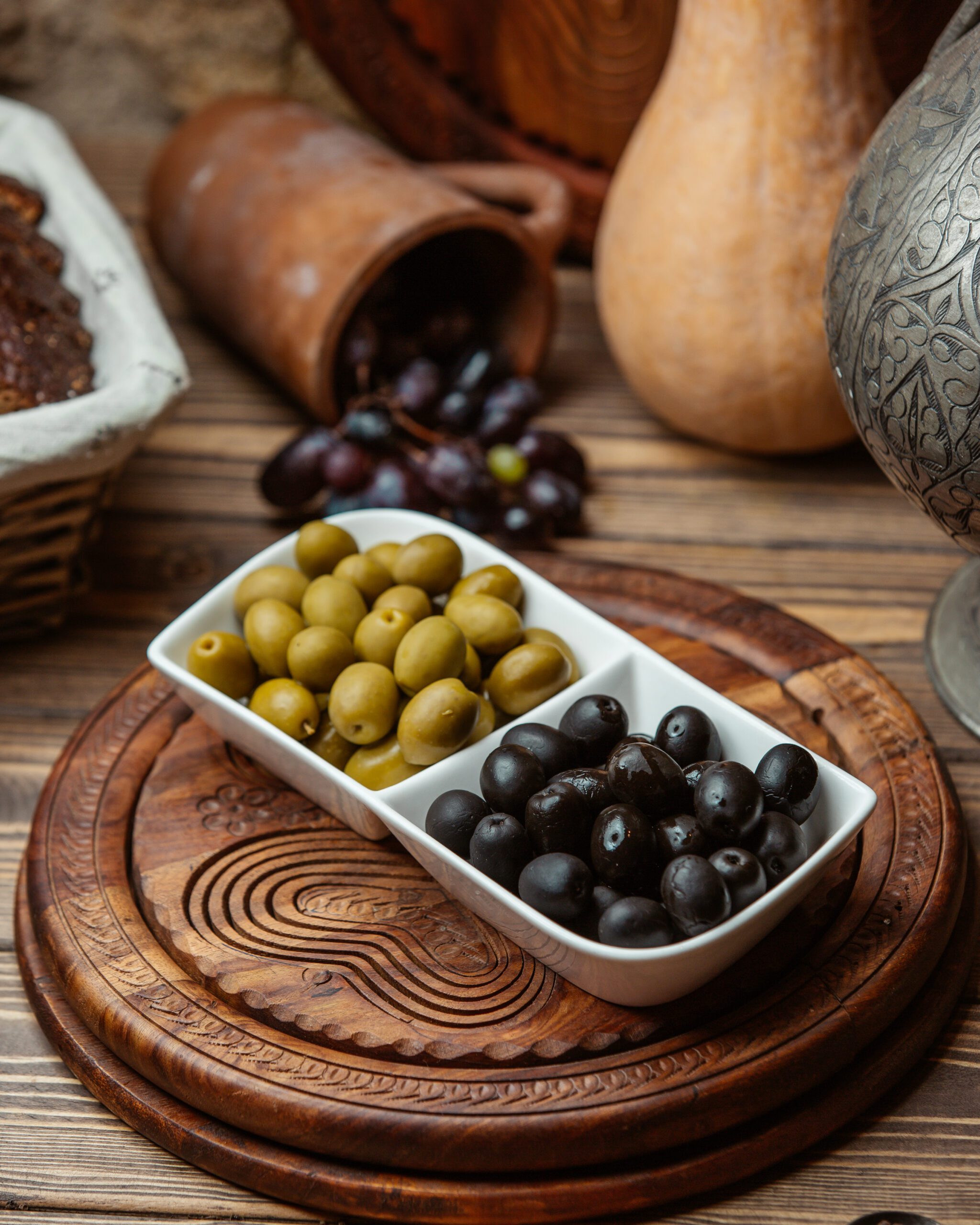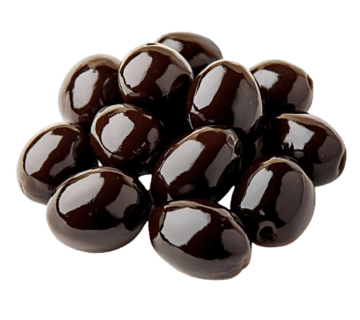Introduction
Egypt is one of the world’s largest producers and exporters of olives, playing a crucial role in the international market. With an annual production of over 450,000 tons of table olives, the country exports around 100,000 tons each year. The demand for Egyptian olives is steadily increasing, making Egypt a significant player in global trade. This article explores Egypt’s olive export industry, key markets, and future growth trends.
Why Egypt Dominates the Olive Export Market
1. Ideal Climate and Soil
Egypt’s warm, arid climate and fertile soil provide the perfect environment for olive cultivation. These conditions lead to higher yields and better-quality olives compared to other countries.
2. Cost-Effective Production
Egyptian olives are known for their competitive pricing, making them more attractive to international buyers. The low labor costs and efficient farming techniques contribute to cost savings for importers.
3. Government Support and Expansion Projects
The Egyptian government has introduced initiatives to expand olive farming areas, with a target of 100 million olive trees planted across the country. These projects aim to boost exports and strengthen Egypt’s presence in the global market.
Key Export Destinations for Egyptian Olives
Egyptian olives are in high demand across various regions:
- European Union: Countries like Spain, Italy, and Greece import large quantities due to high consumer demand.
- United States: The increasing popularity of the Mediterranean diet has led to higher olive imports.
- Middle Eastern Markets: Gulf countries, including Saudi Arabia and UAE, are key buyers.
- Asia and Africa: Growing awareness of the health benefits of olives has expanded trade opportunities.
Health Benefits of Egyptian Olives
Egyptian olives are rich in monounsaturated fats, antioxidants, and vitamins, offering numerous health benefits:
- Heart Health: Reduces bad cholesterol (LDL) and increases good cholesterol (HDL).
- Anti-Inflammatory Properties: Helps fight chronic diseases.
- Digestive Benefits: Contains fiber that promotes gut health.
- Brain Health: May reduce the risk of Alzheimer’s and cognitive decline.
Future Growth and Market Trends
The future of Egypt’s olive export industry looks promising due to:
- Increasing Global Demand: Consumers are switching to healthier food options, increasing olive consumption.
- Advancements in Processing: Modern sorting, packaging, and preservation techniques enhance quality.
- Trade Agreements: Egypt continues to expand its trade partnerships, opening doors to new markets.
Conclusion
Egypt is a top player in the global olive market, thanks to its ideal climate, competitive pricing, and expanding production. With rising global demand and strong government support, Egyptian olives are poised to dominate international trade for years to come.


